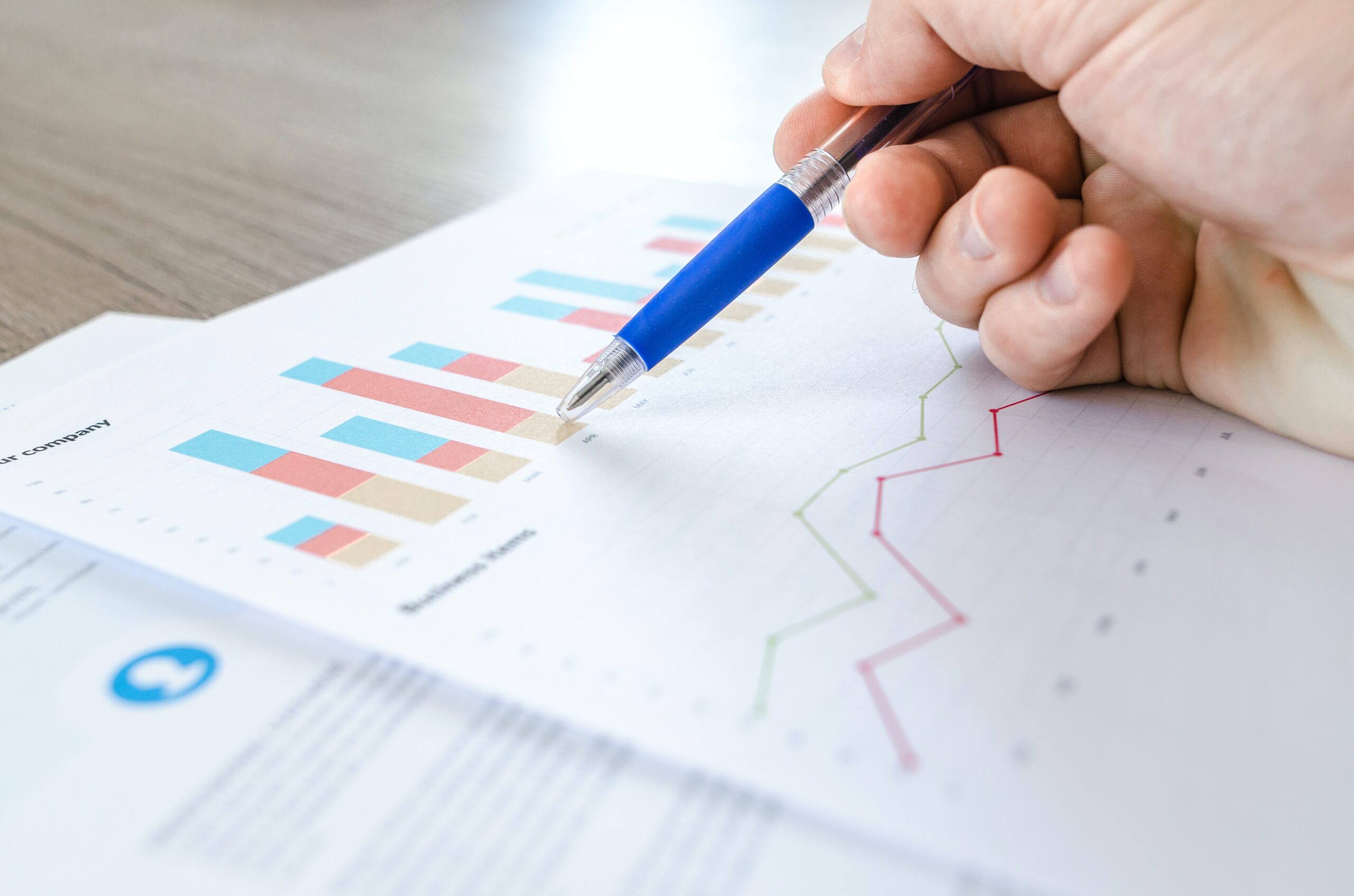Throughout academia, including in political science, women haven’t achieved parity with men. As this series explores, implicit bias holds women back at every stage, from the readings professors assign to the student evaluations that influence promotions and pay, from journal publications to book awards. These political and sociological problems deserve study as much as any of the other issues the academy investigates. Here’s the fifth piece in our two-week series on the gender gap in political science — and what we can do about it. — Kim Yi Dionne
Although women make up half the world’s population and a growing proportion of scholars and analysts, they’re often absent in convenings of “experts.” That’s true across a number of industries, according to an event management company’s report on gender diversity in about 60,000 events between 2013 and 2018 across 23 countries; the company found that 69 percent of all speakers were male. That’s close to what political scientists Tamara Cofman Wittes and Marc Lynch found when examining women’s participation in Middle East Policy panel events in 2014: Less than one-quarter of all the speakers at 232 events put on by six Washington think tanks were women — and 65 percent of the events included no women at all.
That matters, for a variety of reasons. It means women with expertise aren’t getting the kind of exposure that helps their ideas spread and their careers advance. And it means that policies and decisions are made with only men’s input, depriving us all of women’s knowledge and insights.
In the past several years, however, observers have begun calling out all-male panels, now ridiculed with the term “manels.” We wanted to know whether that had made a difference in one particular area of expertise: public forums on foreign policy. Our research found that in 2018, women experts still made up only one-third of the speakers at public foreign policy events — a proportion that varied from one think tank to another.
Here’s how we did our research
Supported by an E.U. research grant at the Institute for Women’s Policy Research, we studied women’s speaker participation at 2018 public foreign policy events hosted by 20 major think tanks based in Washington. We decided to look at the 20 think tanks captured by the WIIS Gender Scorecard, which in fall 2018 had released a report ranking think tanks according to the number of women scholars in foreign policy.


